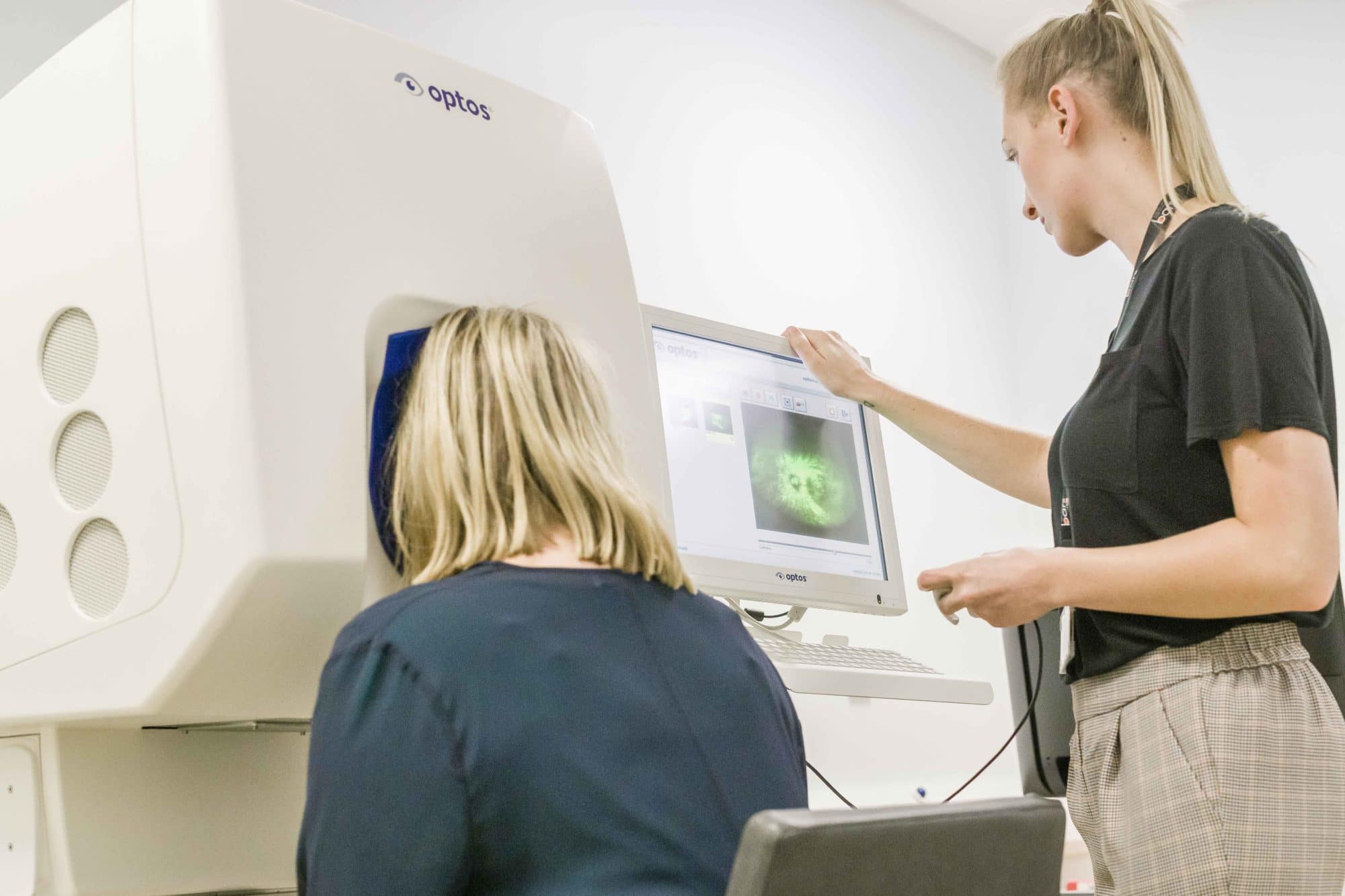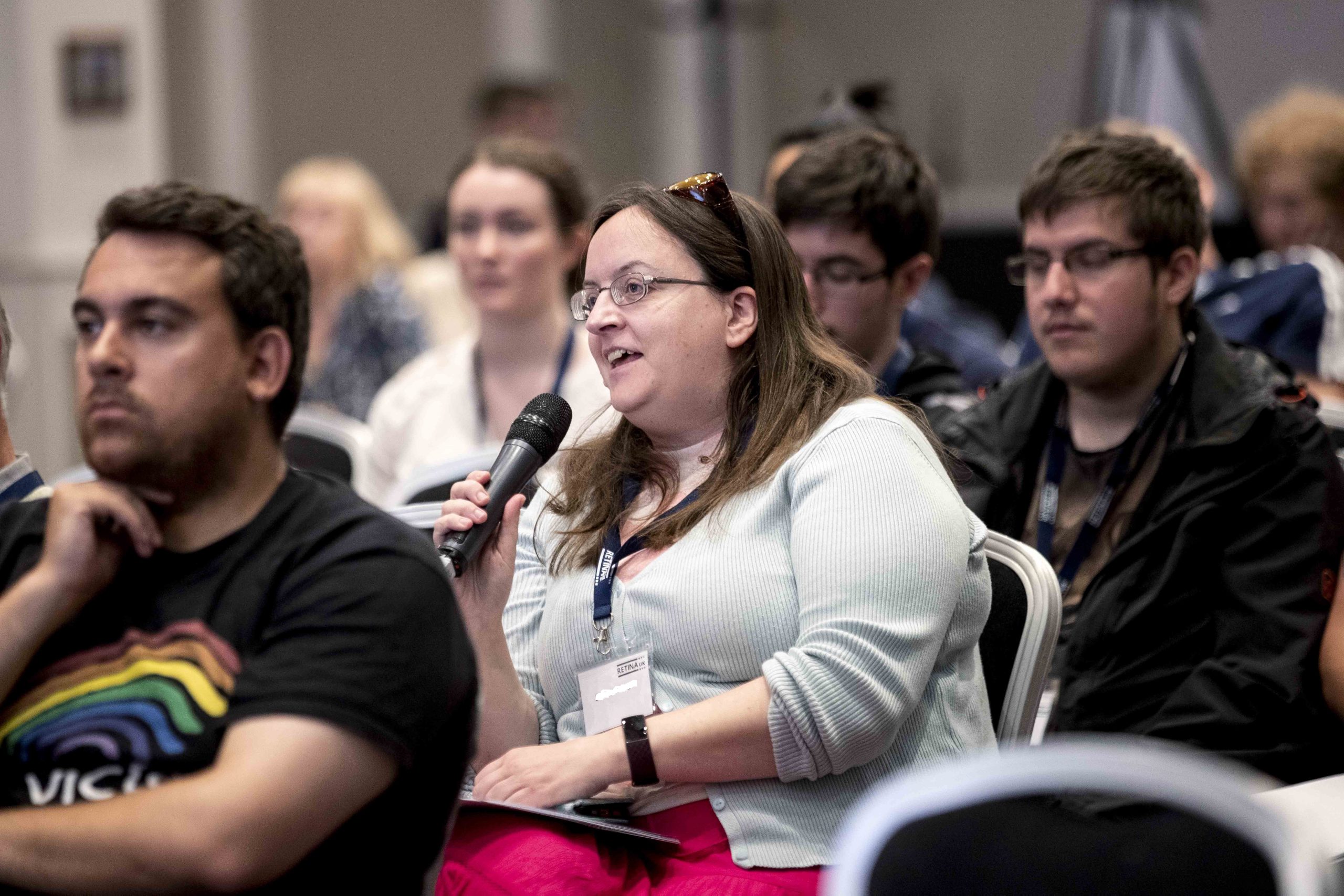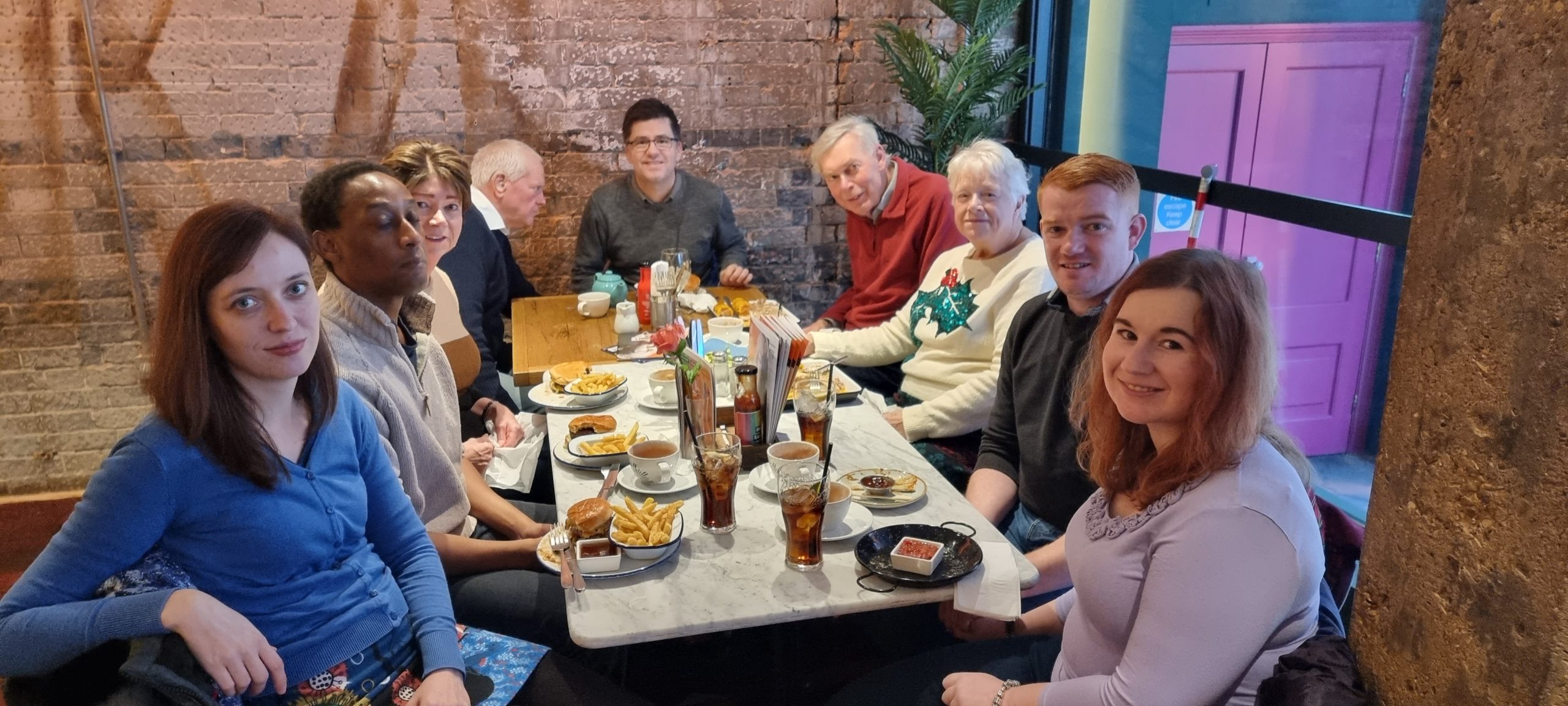These hallucinations are caused by failing eyesight and are a normal response the brain has to the loss of vision. They're not caused by a mental health problem or dementia.
Have you ever seen something that isn’t really there? If so, you may be experiencing hallucinations caused by Charles Bonnet Syndrome (CBS).
This is a little-known condition, yet it is common in adults and children who have lost over 60% of sight, including those who live with inherited sight loss conditions.
Researchers who are investigating CBS have discovered it is not a mental health condition, but is in fact caused entirely by loss of sight. CBS is caused by your brain reacting to your loss of vision. It can sometimes try to fill the ‘gaps’.
Even though people often realise whatever they are seeing isn’t really there, it can still be frightening and upsetting to experience CBS hallucinations.
What people see can vary from shapes, patterns and colours to vivid images of people, animals or objects. They may move, or be still and there is no sound.
It is important you tell your doctor if you are experiencing hallucinations so that they can rule out any other conditions. It can also occur when another medical condition such as Parkinson’s disease, a stroke, or an accident affects parts of the brain that deal with sight.
There is no cure, or specific medication proven to treat CBS, but there are things you can do to help. Simply talking about what you are experiencing with others may make it easier to cope and knowing it is due to sight loss and not a mental health issue reassuring.
Elizabeth began losing her vision from retinitis pigmentosa (RP) in her childhood. She started to experience visual hallucinations in her teens which she says she found very ‘unsettling’ and sometimes ‘terrifying’.
She explained: “I, like so many people, didn’t say anything about it to anybody. I didn’t know what it was, and I didn’t know why the things I saw were there.
“Until my 30s I had never heard of CBS, when I did I began to work out that was possibly what it was. The hallucinations did continue from time to time over the years. When I started to ask people with various degrees of sight loss if they saw things that weren’t there, an amazing number of people said ‘yes’. As soon as I realised other people had experienced it I felt better. I felt more ordinary.
“It helps people to know that others have had a similar experience. I think most people then feel better, even if it doesn’t go away straight away.
“A lot of people feel there is something wrong with their mental health, or their family are even telling them there is, or rubbish the suggestion in the first place. It was very real to me and it is very real to the people I speak to.”
Why Charles Bonnet?
Charles Bonnet syndrome is named after a Swiss philosopher and writer who lived about 250 years ago. Charles Bonnet wrote about the experiences of his grandfather, who began seeing things that were not actually there after losing his sight following cataract surgery.
For support
The Retina UK Helpline provides information, support and signposting for people affected by inherited sight loss as well as healthcare and education professionals.
Contact 0300 111 4000 (9.00am – 5.00pm Monday to Friday and Tuesday and Thursday evenings 5.00pm – 8.00pm) or email [email protected].
More information is available at:








